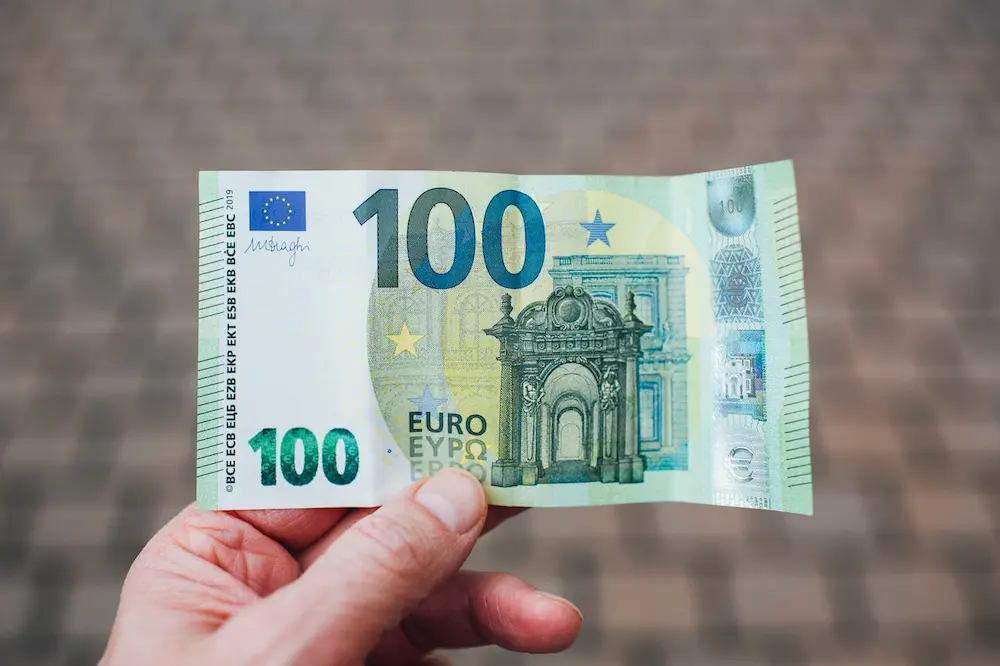As we know today, Britain is one of the world’s economic centers. Even now, the British currency can compete with the US dollar and the Swiss franc regarding stability, sometimes surpassing them. But how did they achieve this success? Let’s explore this question right now. We will look at this history from ancient times to the high-tech payment methods of today.
Ancient Times: Barter
In the earliest societies of Britain, before the establishment of official currency, trade occurred through a system known as barter. This involved direct exchange of goods and services without using a medium of exchange. Livestock, such as extensive horned cattle, was highly valued and often used as payment. Similarly, agricultural produce such as grain was commonly traded.
However, this method was only sustainable for a short time, leading people to devise a monetary system based on valuable metals. It was essentially the same as barter, except it excluded everything except a specific object for various services or products.
Medieval Times: Monetary System
In remote regions of the state, barter was still practiced. However, gradually, it was entirely displaced by the new monetary system. Gold and other precious metals were an ideal method to maintain inflation naturally due to their inherent scarcity. However, a new trend in monetary policy emerged from France, introducing banknotes and abolishing the gold standard.
Industrial Revolution: Banknotes
With the onset of the Industrial Revolution in Britain, the payment system underwent significant changes. Now, most of the gold was primarily stored in state banks. Paper money became a guarantee that you could always exchange it for an equivalent amount of gold at the market rate. However, more was needed, leading the British to invent checks. This allowed for the “transfer” of large sums of money without cash. At that time, they were unaware of a white label payment platform, so they relied on outdated payment methods.
The clearing system is similar to the modern SWIFT system. If your money was deposited in one bank, it was as if it were connected to another. Britons were spared the need to visit a specific bank establishment for financial transactions within its geographical scope.
Cryptocurrencies: Payment Systems Today
Cryptocurrencies are everywhere. While British policy may not have fully embraced them, it is taking significant strides in that direction. In London, an economically developed region of Britain, top searches on Google today revolve around how to create a payment gateway. This has become convenient and has completely replaced the cumbersome centralized system. Give it a try yourself, steering clear of unnecessary outdated practices. It might enhance your competitiveness within the entrepreneurial landscape. So why wait for it when, with the help of information technology, it can be done in a matter of minutes? You don’t even need to provide personal documents, making it more convenient. Take action!

